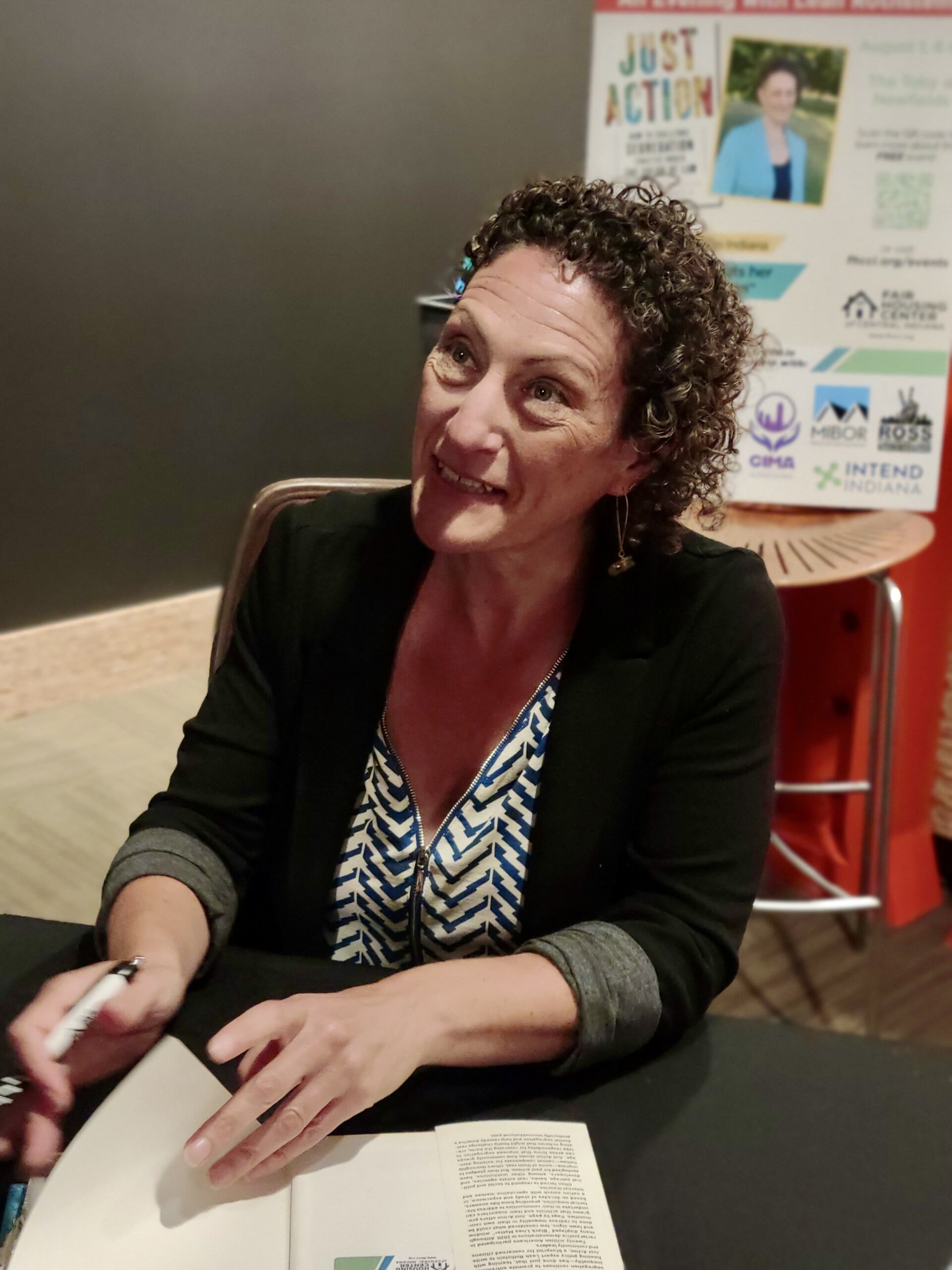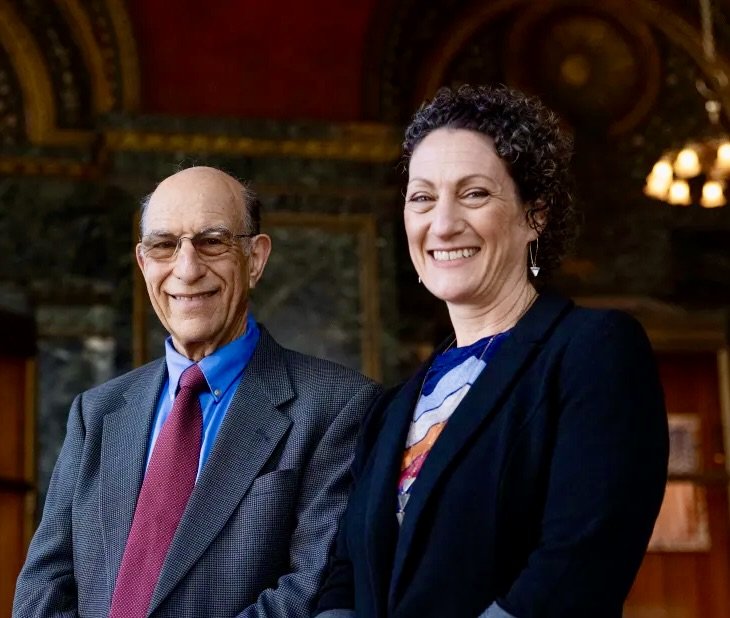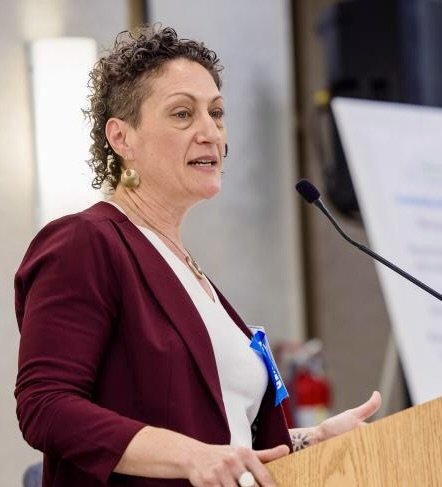#61 | Life in Segregated America: A Blueprint for Equity with Leah Rothstein
Racially segregated neighborhoods across the US are no accident. Nor are they the result of people wanting to live “with their own.” Rather, they are the direct result of government planning; of laws and policies enacted in America beginning in the period following World War I.
From the first segregated public housing projects of the 1930s to the creation of whites-only suburbs of the 1950's, US Government laws and policies ensured African Americans specifically were separated from white Americans. In so doing, black neighborhoods were also separated from and deprived of basic resources that support thriving neighborhoods and healthy communities.
“When we talk about racial segregation, we're not just talking about a benign separation of people where some people live here and some people live here and all else is equal. The same policies that created segregation ensured that where whites could live were areas that had well-resourced public schools, open space, clean air, access to jobs and transportation.” Leah Rothstein
In this enlightening conversation with author and housing specialist Leah Rothstein, we explore the critical issue of racial segregation in America, focusing on the significant resource gaps in segregated neighborhoods. Leah shares insights from her journey in urban planning for racial equity, offering actionable solutions for community development and affordable housing initiatives.
Leah Rothstein's activism in equity and social justice is at the forefront of her work, co-authoring "Just Action: How to Challenge Segregation Enacted Under the Color of Law with her father, Richard Rothstein, author of "The Color of Law: A Forgotten History of How Our Government Segregated America."
Leah and Richard’s combined efforts in dismantling systemic barriers and advocating for environmental justice in urban neighborhoods have paved the way for transformative change.
Leah encourages listeners to become actively involved in their communities, to educate themselves on the issues of segregation and discrimination, and to support policies and initiatives aimed at creating a more equitable society.
In This Episode:
How all levels of government in the U.S. created housing segregation via laws and policies.
Leah Rothstein's strategies for challenging neighborhood segregation.
The impact of resource gaps on African American communities and solutions to bridge these divides.
The role of affordable housing and policy reform in creating inclusive communities
Grassroots movements and their contributions to equity and social change.
The importance of systemic solutions in addressing segregation and inequality
Strategies for community engagement and development to foster racial equity
The critical role of environmental justice in improving urban neighborhoods




